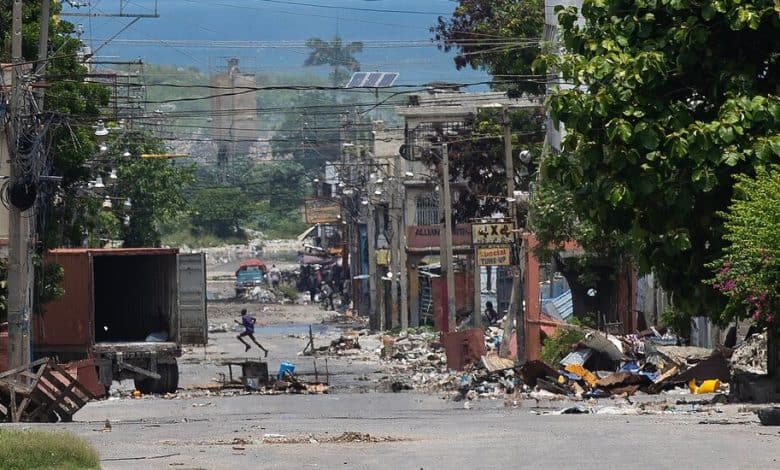Why Do Aid Groups Stay in Lawless Haiti?

Haiti’s bleak humanitarian situation is once again in the spotlight after gangs on Thursday attacked an Oklahoma-based missionary group working in the capital, Port-au-Prince, killing two Americans and the Haitian director of the organization, Missions in Haiti.
The attack left many asking why American missionaries are still working in Haiti considering the immense violence that has paralyzed the country and the grip gangs have over most of Port-au-Prince. Thursday’s incident follows the 2021 kidnapping of 17 missionaries who were working in Haiti with Christian Aid Ministries. A Haitian gang kidnapped 16 Americans and a Canadian in that attack; weeks later, 12 of the hostages escaped and the others were freed.
While Haiti is no stranger to violence and instability, the situation has worsened considerably since the 2021 assassination of the country’s president, Jovenel Moïse. Since then, the state has collapsed and gangs have proliferated, filling the vacuum.
The killings this week come as Kenyan-led forces are set to arrive in Haiti in the next few weeks to confront the gangs and help stabilize the country. They are being funded by the United States and other members of the international community.
The gangs now control much of the capital, including vital infrastructure, like national highways and seaports. They are able to hold up imports of basic food items and other necessities for a country that produces very little and relies heavily on foreign goods.
What is the current humanitarian situation?
Gangs now control or can exert their influence over about 90 percent of the capital, according to research groups. In many respects, Port-au-Prince is a giant, open-air prison, with much of the population of six million unable to move freely, gang violence dictating their everyday lives.
